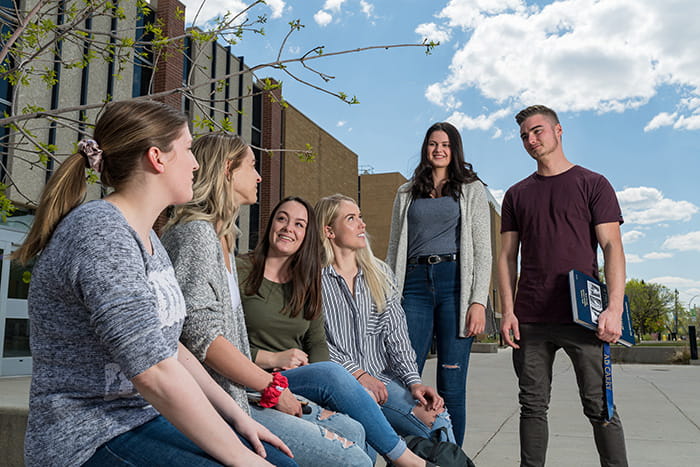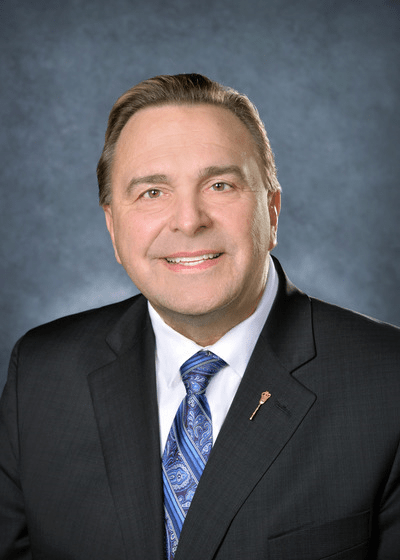Career Colleges, also known as private vocational schools, are an important part of Saskatchewan's post-secondary education system. These schools offer over 160 vocational training programs for employment in many different fields.
The Degree Authorization Act expands degree-granting authority in the province beyond our two universities, by allowing other post-secondary institutions to apply for the authority to offer degree programs.
Established quality standards determine an institution's capacity to offer degrees and the ministry assesses proposed new degree programs.
Our government is committed to improving outcomes for First Nations and Métis people. In pursuit of these outcomes, government provides funding to Saskatchewan post-secondary institutions that develop and implement programs and services for Indigenous students of the province.
Eligible post-secondary graduates who live in Saskatchewan and who file a Saskatchewan income tax return can receive a rebate up to $24,000 of tuition fees paid.
Administrative guidelines and policies pertaining to post-secondary education and scholarship programs in Saskatchewan for educational institutions including:
- Educational Institution Manual
- Canada-Saskatchewan Integrated Student Loans Program
- International Student Program
- Private Vocational Schools Administration and Policy Manual
- Scholarships
Information on post-secondary funding through scholarships and grants. Some examples of scholarships and grants available are the Grant for Services and Equipment for Students with Permanent Disabilities, Canada and Saskatchewan Student Grants, Scholarship of Honour, and Fellowship and Travel Scholarships to Study in French.
We offer student financial assistance and support including:
- Student loans
- Scholarships
- Grants
- Support for part-time students
- Loan Forgiveness for Nurses and Nurse Practitioners


